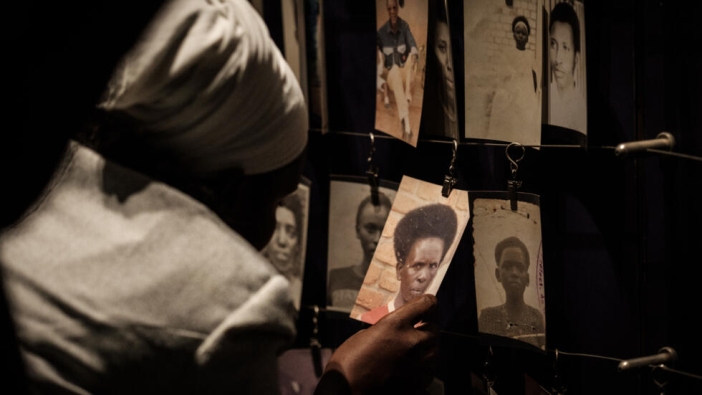As three decades have passed since the Rwandan Genocide, Rwanda solemnly commemorates this tragic chapter in history. The genocide, which claimed the lives of an estimated 800,000 people, continues to serve as a poignant reminder of the horrors humanity is capable of.
The Rwandan genocide, which took place between April and July 1994, stands as one of the most devastating atrocities of the 20th century. The sheer magnitude of the violence and its lasting impact on Rwanda’s society and collective memory cannot be overstated.
Rwanda’s commemoration of the 30th anniversary serves as a time for deep reflection and remembrance. It provides an opportunity for the nation to honor the victims and acknowledge the immense suffering they endured.
Through memorial events, vigils, and ceremonies, Rwandans come together to pay their respects and ensure that the memory of the genocide remains alive in the collective consciousness.
In the aftermath of the genocide, Rwanda has made remarkable strides towards healing and reconciliation. The government, under the leadership of President Paul Kagame, has undertaken significant efforts to rebuild the nation and foster a sense of unity among its people.
Measures such as the establishment of the Gacaca courts, which aimed to promote justice and accountability, have played a crucial role in addressing the crimes committed during the genocide.
Moreover, Rwanda has prioritized social and economic development, focusing on education, healthcare, and infrastructure. The country’s impressive progress in these areas has garnered international recognition.
Investments in education have helped empower the younger generation with the knowledge and skills necessary for a brighter future. Healthcare initiatives have improved access to medical services, contributing to a higher quality of life for Rwandans.
While Rwanda has made considerable progress, the journey towards healing and reconciliation is ongoing. The scars of the Rwandan genocide still linger, and the process of rebuilding trust and fostering unity requires continuous effort and commitment.
However, Rwanda’s resilience and determination to overcome its painful past serve as an inspiration to other nations grappling with similar challenges.
As Rwanda marks 30 years since the genocide, the nation pays its respects to the victims and reflects on the progress made in the aftermath.
This somber anniversary serves as a reminder of the immense human suffering caused by the genocide, but also highlights Rwanda’s resilience and determination to heal and rebuild. By commemorating the past and striving for a better future, Rwanda continues to chart a path towards reconciliation and unity.

